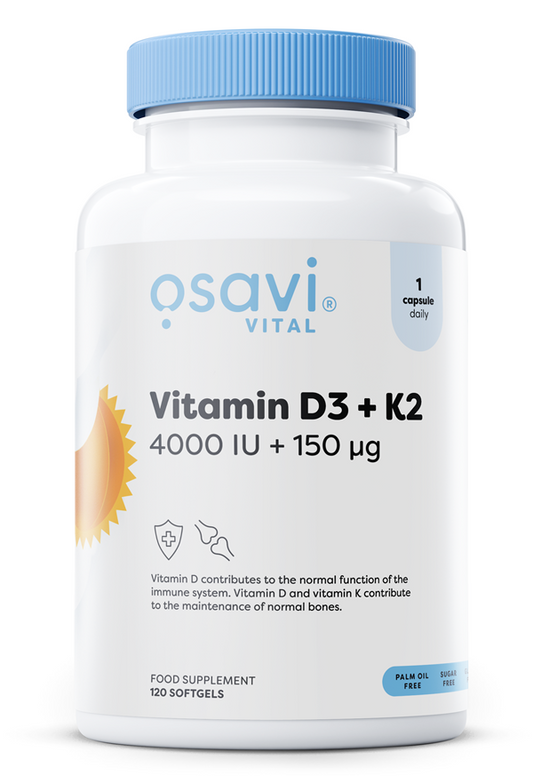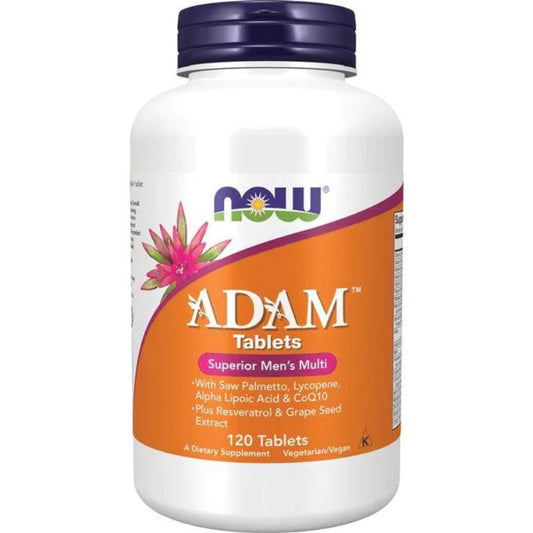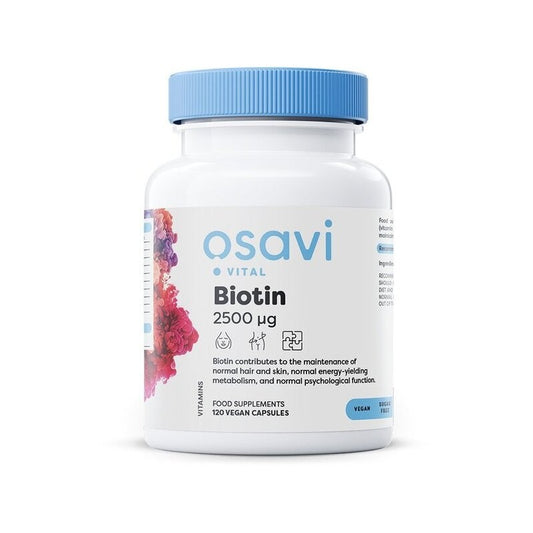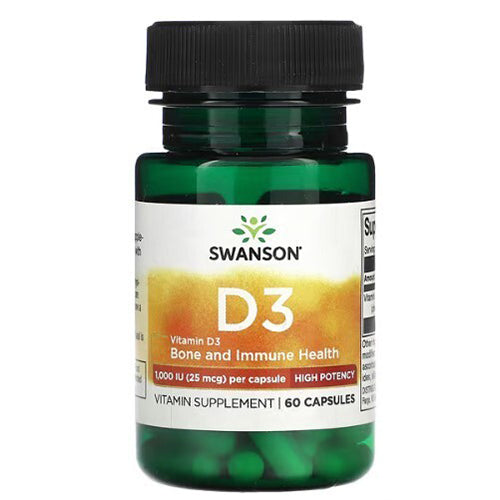
How to Support Healthy Skin Naturally
Jakub SkibaDry, flaky, or tight skin is something most people deal with at some point — especially during colder months or in dry climates. While it’s often temporary, dry skin can still be uncomfortable and affect how your skin looks and feels. When the skin barrier loses too much moisture, it can become rough, irritated, or more sensitive than usual. Fortunately, there are natural and effective ways to support your skin’s hydration and help it stay soft, smooth, and resilient.
Your skin’s health depends on more than just the products you use. Nutrition, hydration, and lifestyle all play an important role in how well your skin retains moisture. A diet rich in vitamins, minerals, and essential fatty acids can help support your skin’s barrier from the inside out. At the same time, gentle skincare habits can make a noticeable difference in how your skin feels day to day. In this article, we’ll explore common causes of dryness and how to nourish and protect your skin naturally. If dryness becomes persistent or severe, it’s always best to consult a dermatologist to rule out underlying conditions.
Understanding Dry Skin and Why It Happens
Dry skin, or xerosis, occurs when the skin lacks sufficient moisture or natural oils to stay soft and flexible. It may appear seasonally — such as during winter — or result from environmental and lifestyle factors. Over time, dryness can make the skin appear dull, flaky, or irritated.
Common causes include:
-
Cold weather or low humidity
-
Hot showers or harsh soaps
-
Dehydration or low water intake
-
Nutritional gaps
-
Aging (reduced natural oil production)
-
Over-exfoliation or use of drying products
Common Signs of Dry Skin
When your skin barrier becomes compromised, you might notice:
-
Flaky or scaly patches
-
Tightness, especially after bathing
-
Redness or irritation
-
Fine lines or cracks
-
Itching or mild discomfort
-
Rough or dull texture
If dry skin continues despite regular care, a skincare professional can help identify the cause.
Key Nutrients That Support Skin Hydration
Healthy, radiant skin starts with good nutrition. Your skin cells rely on certain nutrients to stay hydrated, strong, and resilient. A well-balanced diet rich in these key nutrients can help support your skin’s natural moisture barrier.
Omega-3 Fatty Acids
Help maintain the skin’s lipid barrier, which locks in moisture and reduces roughness.
Sources: Salmon, chia seeds, flaxseed, walnuts
Supplements: Fish oil, krill oil, or algae-based omega-3s
Vitamin E
Acts as an antioxidant and supports the skin’s ability to retain moisture.
Sources: Almonds, sunflower seeds, avocados, spinach
Supplements: Mixed tocopherols or topical vitamin E oil
Vitamin C
Supports collagen production, skin elasticity, and smooth texture.
Sources: Citrus fruits, bell peppers, strawberries, broccoli
Supplements: Ascorbic acid or liposomal vitamin C
Zinc
Important for skin renewal and overall skin barrier health.
Sources: Pumpkin seeds, oysters, beef, lentils
Supplements: Zinc gluconate or picolinate
Vitamin A and Beta-Carotene
Encourage healthy cell turnover and promote smoother skin.
Sources: Sweet potatoes, carrots, kale, eggs
Supplements: Beta-carotene or preformed vitamin A (retinyl palmitate)
Collagen and Hyaluronic Acid
Collagen supports the skin’s structure, while hyaluronic acid attracts and holds moisture for a plumper appearance.
Sources: Bone broth, citrus fruits, leafy greens
Supplements: Collagen peptides and hyaluronic acid capsules or powders
Daily Habits for Softer, Healthier Skin
Good skincare habits can make a major difference in maintaining smooth, hydrated skin. Combine these practices with nutrient-rich foods for the best results.
Use Lukewarm Water
Hot water can strip away natural oils. Choose warm water and keep showers short.
Moisturize After Bathing
Apply a gentle, fragrance-free moisturizer while your skin is still damp to help seal in moisture.
Choose Gentle Cleansers
Avoid soaps with alcohol, sulfates, or strong fragrances. Opt for cream or oil-based cleansers instead.
Stay Hydrated
Drinking enough water helps support your skin’s hydration from within. Aim for at least eight cups daily.
Use a Humidifier
Adding moisture to indoor air can help reduce dryness during colder months or in dry environments.
Manage Stress
Chronic stress may affect the skin’s barrier and moisture balance. Try relaxation practices like yoga, meditation, or journaling.
Protect from the Sun
UV rays can damage and dry out the skin. Use SPF daily, even during cloudy or winter days.










